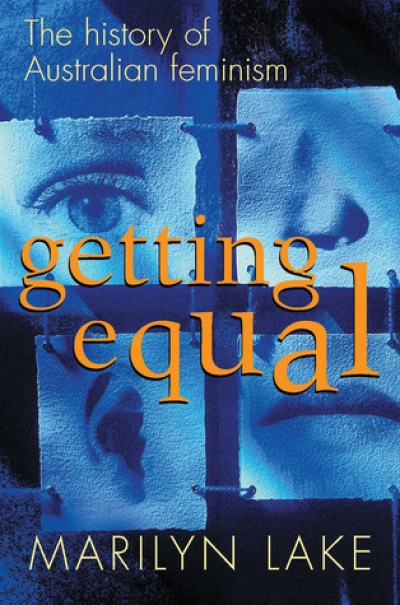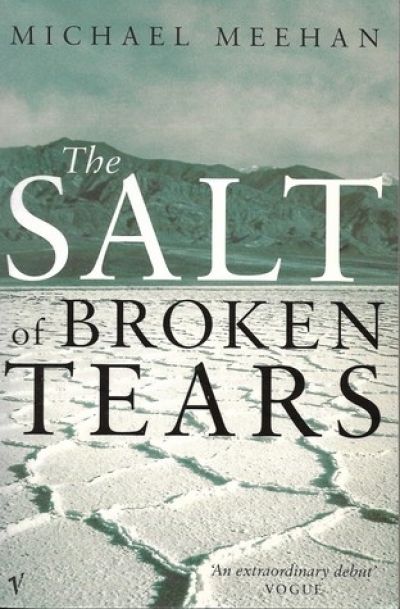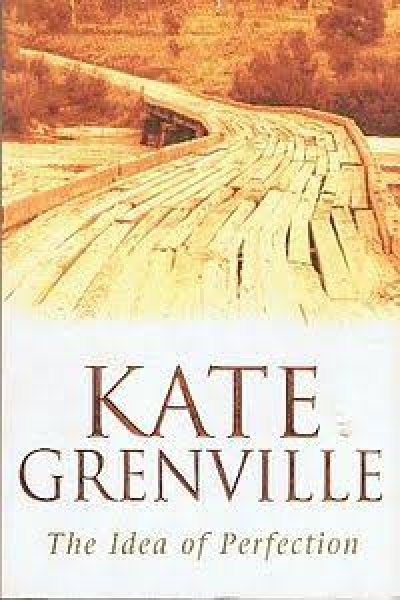Archive
Getting Equal: The history of Australian feminism by Marilyn Lake
by Jenna Mead •
Inside the Rocks: The archaeology of a neighbourhood by Grace Karskens
by Robyn Annear •
Dear Editor,
‘Who reads it?’ asks Gerard Windsor of HEAT (ABR, June 1999) and admits he no longer does. In fact, he confesses, he never reads stories or essays by writers who don’t have a book to their name. What a strange and limiting conceit! But as for who reads HEAT, well, I for one do – every issue, from cover to cover ...
Dalliance and Scorn by by Alan Gould with drawings by Anne Langridge
by Adam Aitken •








